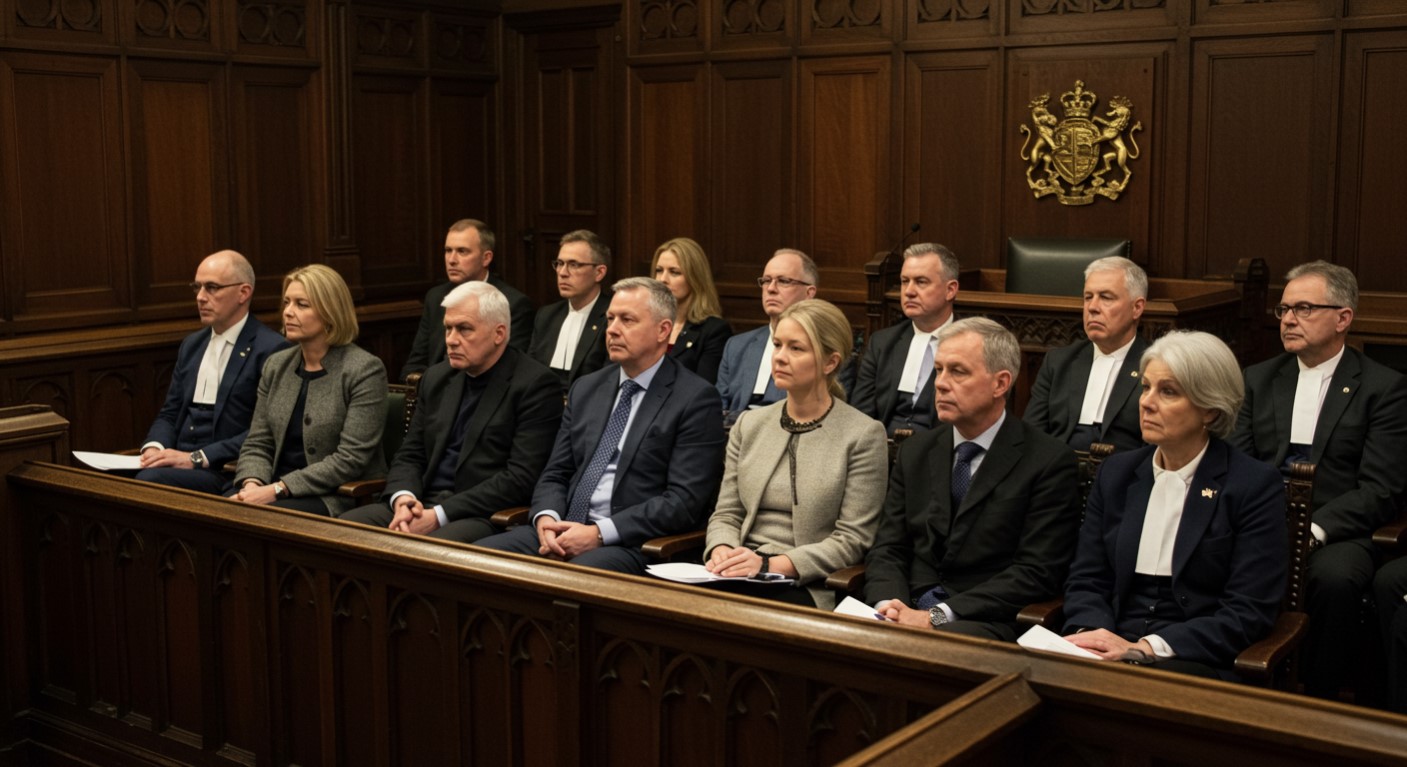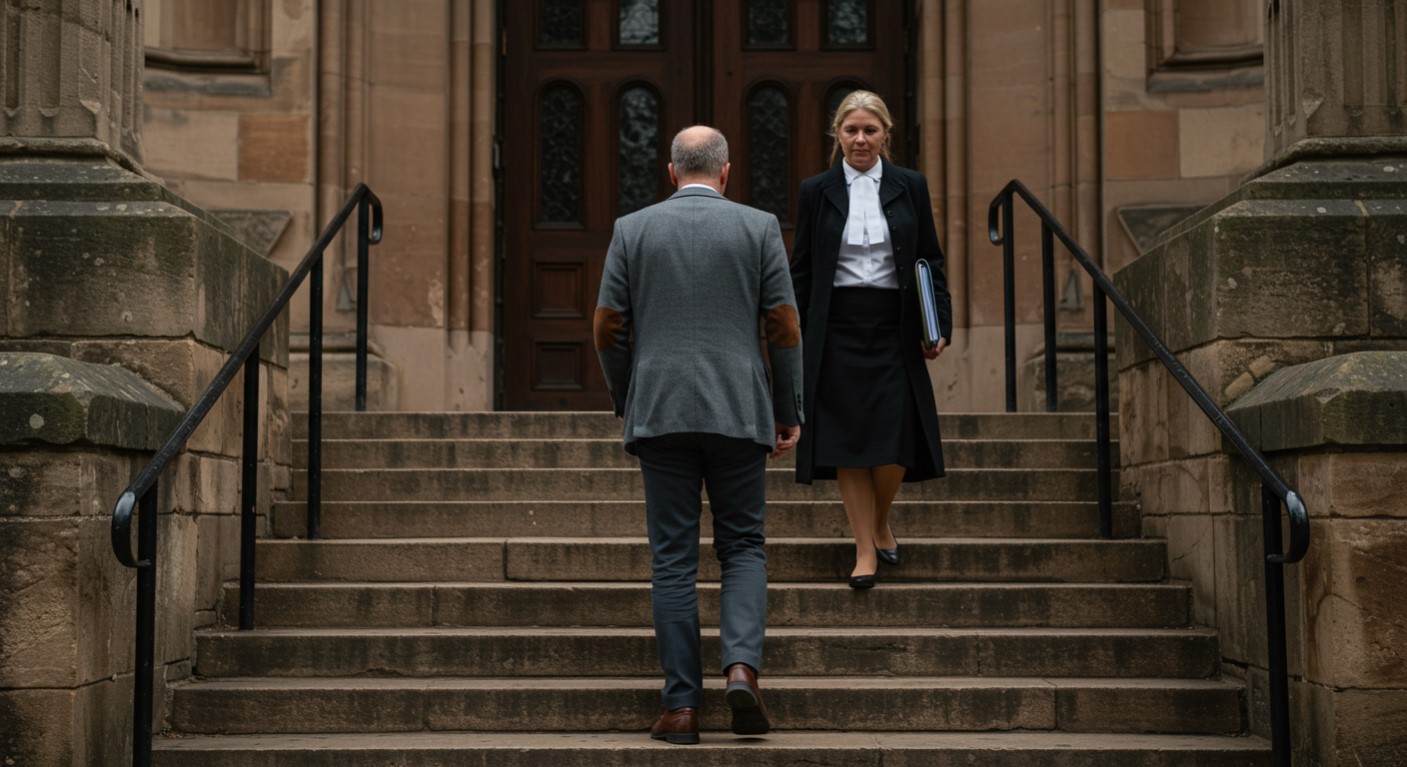Will Having a Solicitor in a Police Interview Make Me Look Guilty in England? Understanding Your Rights and Perceptions

Will Having a Solicitor in a Police Interview Make Me Look Guilty in England? Understanding Your Rights and Perceptions
In England, there is often a debate over whether having a solicitor in a police interview can be perceived as a sign of guilt. This concern stems from widespread misconceptions about the legal process.
This article aims to address these concerns, providing insight into the role and perception of legal representation during police interviews. We will explore the legal rights within the English legal framework and how the presence of a solicitor is viewed, emphasising that it is not an admission of guilt but a safeguard of your legal rights.
Legal Right to Representation

Every individual in England has the fundamental right to legal representation during a police interview, as stipulated by the Police and Criminal Evidence Act 1984 (PACE). This act ensures that the rights of the individual are protected during police proceedings.
The decision to have a solicitor present should be understood as an exercise of a legal right, not as an indication of guilt. A solicitor’s presence ensures that the interview process adheres to legal standards and that the individual’s rights, such as the right to remain silent or the right to avoid self-incrimination, are upheld.
Myths and Misconceptions
There exists a pervasive myth in public perception that only those who are guilty need a solicitor during a police interview. However, legal professionals and law enforcement officials well-versed in the workings of the legal system recognise that solicitors are integral to the fair administration of justice.
Their role is not to shield the guilty but to ensure that the process is conducted lawfully and the rights of the interviewed individual are respected. Understanding this perspective is crucial in dispelling fears about being perceived as guilty simply for exercising a legal right.
Solicitor’s Role in Advising and Protecting
A solicitor’s involvement in a police interview goes beyond mere presence. They provide crucial legal counsel, advising on the ramifications of answering certain questions and on the overall strategy to approach the interview.
Their expertise in legal matters can be pivotal in avoiding potential self-incrimination or misunderstandings. Moreover, they act as a safeguard against potential overreach by the police, ensuring that the interview does not violate the individual’s rights or stray from standard legal procedures.
Impact on Jury Perceptions

One common concern is how the decision to have a solicitor might be perceived by a jury, should the case go to trial. It is important to remember that in the English legal system, juries are instructed to focus on the evidence presented, not on the defendant’s choice to seek legal counsel.
Juries are made aware that having a solicitor is a right and not an indicator of guilt. This instruction is vital in ensuring that a defendant’s decision to exercise their legal right does not negatively impact jury perception.
Long-Term Benefits Over Short-Term Perceptions
While the immediate concern about appearing guilty can be distressing, it is essential to consider the long-term effects of foregoing legal representation. An interview conducted without a solicitor can lead to unintended legal consequences, significantly impacting the future legal strategy and outcome.
The guidance of a solicitor can be instrumental in ensuring that statements made during the interview do not inadvertently harm your position in any subsequent proceedings.
Conclusion: Final Thoughts on Having a Solicitor in A Police Interview

To conclude, the notion that having a solicitor present during a police interview in England implies guilt is a misconception. It is a fundamental right designed to protect individuals within the legal system.
This article aims to reassure that exercising this right is a prudent step towards ensuring fair treatment and safeguarding one’s legal interests. It is crucial to prioritise one’s legal rights and the integrity of the judicial process over concerns about misguided perceptions of guilt.
Notice: Informational Content Disclaimer
The content provided on this website, including articles, blog posts, and other informational materials, is intended for general informational purposes only. It is not intended as, and should not be considered, legal advice.
Visitors to this website should be aware that the information presented here is not a substitute for seeking legal advice from a qualified solicitor or legal professional. Each individual's legal situation is unique, and the information provided may not be applicable to specific circumstances.
If you require legal advice or have specific legal questions, we encourage you to contact us directly. Our experienced team of solicitors is here to assist you with your legal needs and provide tailored advice to address your concerns.
Please be advised that any communication through this website, including the use of contact forms or email, does not create a solicitor-client relationship. Confidential or time-sensitive information should not be sent through this website. To establish a solicitor-client relationship and discuss your legal matters in detail, please contact us for a consultation.
We strive to provide accurate and up-to-date information, but we make no representations or warranties regarding the accuracy, completeness, or suitability of the information contained on this website. We shall not be liable for any reliance placed on the information provided herein.
Thank you for visiting our website. We look forward to the opportunity to assist you with your legal needs.




